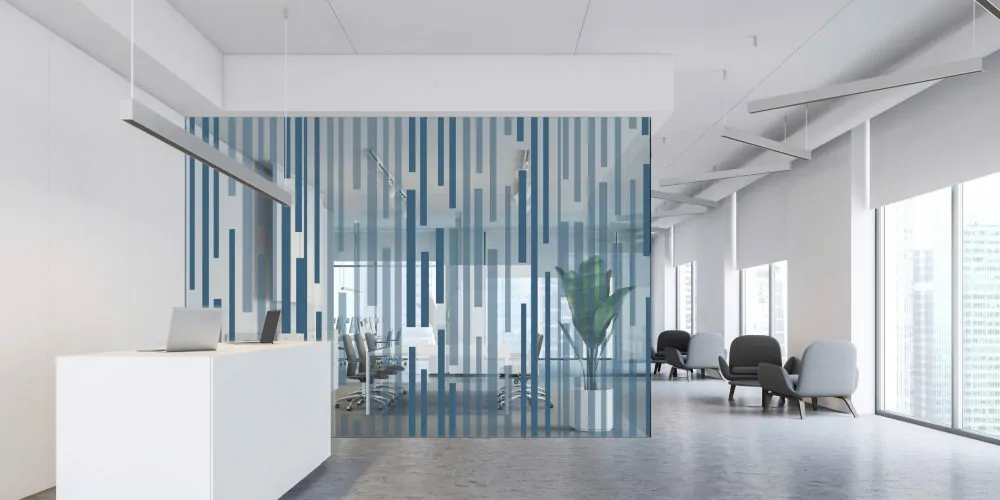The DEKO team faced the challenge of finding more sustainable options due to new industry regulations, leading them to use Ansys Granta Selector to navigate material selection and reduce their product’s CO2 footprint, aided by the project leader’s prior experience with Granta EduPack.
As governments are progressively increasing sustainability related legislation, engineers are having to react more quickly to ensure their raw materials, supply chain, and products can cope. DEKO is facing this challenge, having to proactively reduce the CO2 footprint for their range of products to remain competitive in the future.
Challenges
The team at DEKO had a range of aluminium alloys, PVC rubber gasket seals, and other polymers used across their range of 28 products. But new legislation in the building industry required alternative, more sustainable materials to be found. It faced several challenges:
- Assess alternative materials that fit the criteria for: price, manufacturing process, substances of concern, and sustainability metrics. This had to be done early in design.
- Source new, more sustainable materials f rom suppliers or alternative sources.
- Be confident that the new materials in the product would assure compliance with documented Environmental Product Declaration (EPD).
- Be able to complete the EPD processing in time for when the new legislation hits the market.
Engineering Solution
The team at DEKO used Ansys Granta Selector to initiate the process of reducing their product CO2 footprint. The project leader was familiar with the tools and data, having used Granta EduPack at university.

Benefits
By taking the material selection decision into their own hands, DEKO was able to pre-define early in design the right material for their product from a technical, economic, and environmental perspective – including sustainability in product design from an early stage.
Instead of copying what others were doing, they have taken a proactive approach to finding the most sustainable material, building in the technical nuances of their products. Eco Audit was much faster early in the design stages (1-2h) – requiring less user input, less time and investment than a full LCA (estimated at 40h+) while still providing powerful guidance on how to reduce product environmental impact.
With the results f rom Granta Selector’s Eco Audit tool, backed by market-leading data, the team at DEKO is confident that the materials they’ve selected for the product will result in the lowest CO2 footprint they can achieve. This makes the final step of a validated EPD a formality that will future-proof their product portfolio for upcoming legislation.
Find out more about Materials Simulation Solutions



